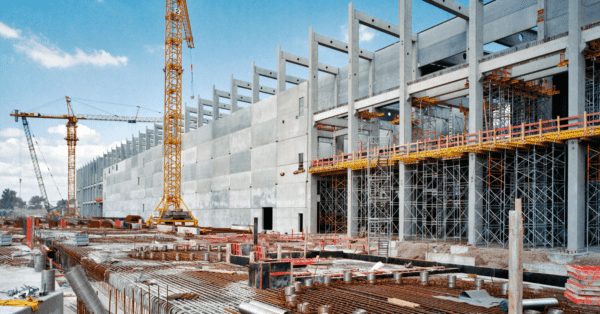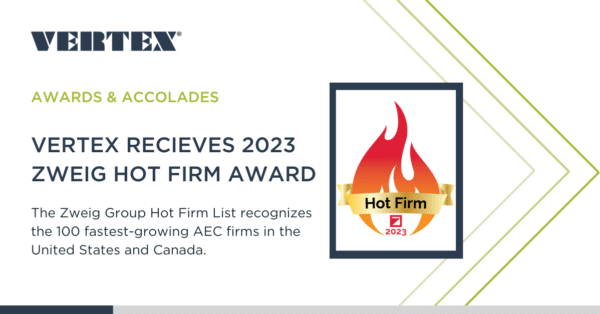Real Estate Development is not for the faint of heart. Whether it’s a spec house, high-rise complex, or a master-planned community, economics dictates that if it doesn’t meet some form of demand when it’s completed, you will have a hard time making good returns no matter how smooth or under budget construction went. Most equity providers and lenders ask for due diligence – that is, they want to have evidence that the budget & returns are feasible.
The ideal solution to finding if your construction project is feasible is by getting a study performed by a reputable real estate consultant. Commissioning a study is critical to securing real estate capital, plus you’ll sleep better at night knowing answers to many questions that inevitably came up in your early planning.
How much does a market study cost?
In California, the cost of a real estate feasibility study can range from $6,000 to $15,000 for a single residential (multi-family / condominium) or commercial development project. The primary driver of a financial report’s fees is research time. There are three primary elements that impact the amount of time performing market research. They are:
- Project Size and Sophistication
- Location and Project Market Area
- Details Necessitated to develop final Opinion
Project Size & Sophistication
In order to have a good feasibility study, the client must first have their project well defined with specific characteristics. Details of the project’s size, type, and sophistication play a large role in the information the researcher must gather. The consultant should be informed whether the project’s building(s) would have multiple release stages, contain different product types, and if the client is planning multi-year build-out schedules.
Higher sophistication increases the cost of the report, however, it offers opportunities that smaller projects couldn’t take full advantage of. The cost of a market study for a high-end spec house on a beach is going to be less than a corporate campus with a decade-long build out, yet the campus study can reveal the project’s flexibility in positioning itself in the real estate market.
Location and Project Market Area
The breadth of the market area is another major factor impacting the cost of a real estate market study. A well-defined market area reduces the required research time. Depending on the project building type(s), the area surrounding the project location can be large, but not necessarily more expensive. Movie theaters would attract customers that live much further away than a franchised restaurant, but the number of competing theaters can be low.
Real estate agents usually chant “Location, Location, Location!” to emphasize its importance in a property’s attractiveness. For economic and market researchers, the location and area can impact how straightforward or difficult it is to collect data on the market segment. Some cities such as San Diego have open public data that can be accessed online, making it much easier to research projects that just opened, are under construction, or are in planning. In other places, however, getting that data can require making numerous phone calls to find the right people to call or visiting the department in person to find and purchase copies of records.
Details Necessitated to Develop Final Opinion
The previous two elements focused on what information the consultant needs. In today’s age, getting quantitative data (statistics, demographics, etc.) is usually the easy part, gathering relevant qualitative information still takes effort and sometimes boots on the ground. When matched together, the researcher analyzes them to learn the nuances of the trends and find the insights needed to form the final opinion to advise the client on in the Market Feasibility Report.
Supply and demand analysis can take time to pin down for specific market segments. Not only does the researcher need to consider demographic trends, but also possible disruptions or accelerations of trends from technology & other major market forces.
Competition analysis in the market area can be a wildcard for research time. Some product types, such as golf courses, can have a large number of qualitative traits differentiating them from others that aren’t readily available in a database. Other sectors, like apartments, are more straightforward to analyze, compare and find opportunities that the project can capitalize on.
The Quality of the Market Study
After learning all this, you should have a good idea of whether your project’s feasibility study will be on the lower or higher end of the cost spectrum. But the most important part is the quality of the study – often that is tied to the skills and experience of the real estate consultant.
Unfortunately in the real estate industry, mediocre and poorly made studies are not uncommon. As documented by a number of academic studies on feasibility reports, there have been fairly consistent problems plaguing the industry. For example, you shouldn’t need an economics PhD to be able to read and follow the report’s methodology. The report shouldn’t also just be a smorgasbord of statistics without the context linking them to the project’s positioning in the market.
This makes it all the more vital that you closely evaluate the experience and skills of the research team. If the real estate advisor has a background in construction and real estate development, their feasibility studies can be better grounded in reality, plus they could also assist with real estate development strategy. Another thing to check for is whether they have local knowledge in the subject market area or they have a connection they will tap into for the study.
You Get What You Pay For (sometimes)
When asking for the fees of a reputable real estate economist or construction consulting firm, the figures you get can vary widely. Some consultants will ask for a flat fee based on the three major factors listed above, other’s may provide an hourly rate of their services and give you an estimate of the assignment.
Even if some of the numbers can make your jaw hit the floor, don’t let high rates deter you from getting a quality study. While some real estate consultants have high rates, they may know your project’s market area like the back of their hand and provide you with a better report than a national firm could.
One thing you should also keep in mind: do not confuse the length of the report as a measure of the details or cost. In order to serve clients best with appropriate recommendations in a feasibility study, the same degree of research is necessary. Reducing the number of pages in the report does not have a major effect on the pricing.
Most reputable firms and researchers can provide a redacted example of a study they have produced in the past that you can evaluate. Three aspects to look for when evaluating the sample report:
- Is it readable?
- Does market segment data match the project?
- Does it include insightful recommendations?
After all, this report is not just for helping convince the lenders to provide you funding, it is also to help your project be positioned to achieve success.
Need a Real Estate Feasibility Study?
Real estate economist Alan Nevin has performed over 1,000 market feasibility and development strategy studies in his career. Having experience in both demographics and Real Estate Development, he brings specialized valued insight to hundreds of clients throughout the United States.
This article was originally published by Xpera Group which is now part of The Vertex Companies, LLC.







